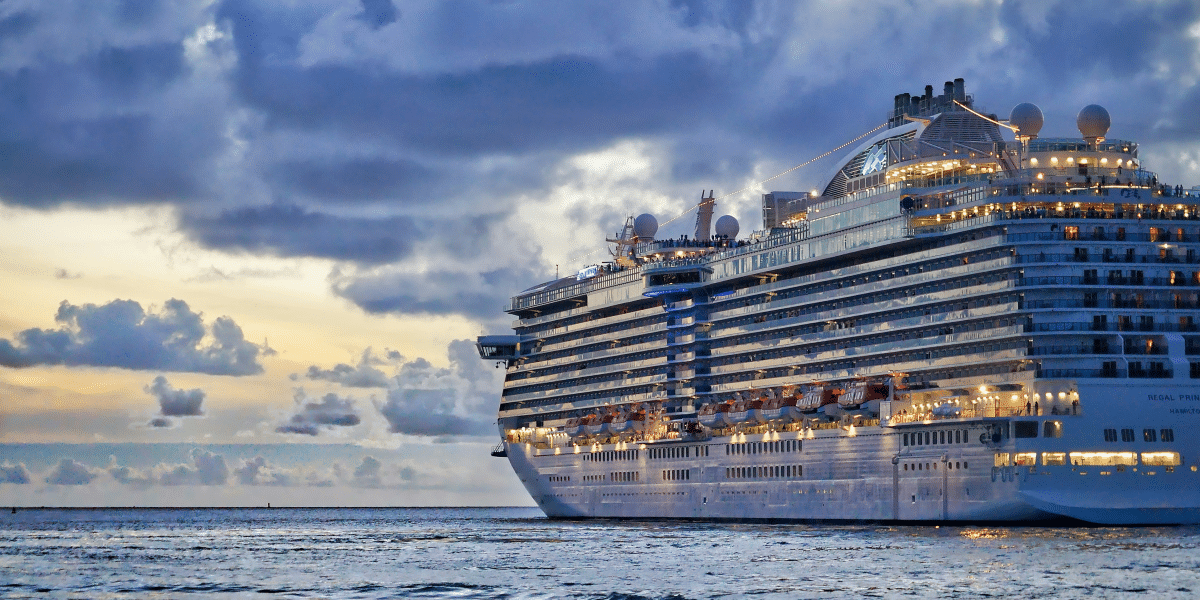Passenger Safety and Cruise Lines’ Responsibilities
Enthusiasts and first-time passengers alike are drawn to cruises for their ease, exotic destinations, and seemingly endless entertainment options. Yet, the responsibility to ensure this floating escapade remains safe lies heavily on the cruise lines. From watertight emergency protocols to continuous crew training in safety and evacuation drills, cruise lines are guardians of passenger well-being. . For passengers, the gloss of carefree voyages is often underpinned by the assurance that well-versed professionals, such as the specialized attorneys at Charles D. Naylor Law, adept at maritime law, can assist in any misfortune. Legal professionals play an essential role in interpreting the complex web of rules and regulations that govern the seas, aiming to protect passenger rights and provide help when needed.
Common Types of Cruise Ship Injuries
The activities and facilities on a cruise ship offer much to explore but also come with risks that can lead to injury. Sports and recreational activities, although fun, also carry the potential for sprains, strains, and other physical injuries. While these events are relatively rare compared to the number of passengers cruising every year, they serve as a reminder of the importance of maintaining personal safety. Knowing where medical stations are located, understanding the use of safety equipment, and being aware of the conditions around you can significantly increase personal safety on board.
Legal Protections for Cruise Passengers
Despite the many precautions cruise lines take, the legal framework is in place to protect passengers when incidents occur. The body of laws governing the high seas, collectively known as maritime law, contains provisions safeguarding passenger rights. These include statutes that cover the safety measures cruise lines must abide by and offer recourse in the case of negligence. Such legal protections are critical for passengers to ensure they are not left adrift should an accident happen. For those interested in delving deeper into the safety and rights accorded to cruise ship passengers, it’s worth exploring resources that provide comprehensive insights. A valuable resource for passengers is the detailed information on official government websites where they can read about passenger rights and responsibilities, enhancing their understanding and preparedness for cruise travel.
What to Do Immediately After an Injury
First and foremost, seeking medical attention on board ensures that the injury is attended to without delay, potentially preventing further harm. Most cruise ships are equipped with medical facilities, and the staff there can provide immediate care while documenting the injury, which is an integral part of the claims process. Reporting the incident is equally important, as it offers an official record and can be critical evidence should a compensation claim arise later.
Seeking Medical Attention on the High Seas
Few wish to consider needing medical assistance while miles away from land. However, cruise ships are generally well-prepared for such eventualities. The medical centers onboard are typically staffed by qualified healthcare professionals who offer various medical services, from treating minor ailments to responding to more serious emergencies. In cases of severe medical emergencies, operations such as medevacs can be conducted to transport a patient to a land-based hospital.
The Claims Process: Steps to Take
Passengers may be unchartered regarding the claims process if an injury occurs while cruising. The first step should always be to secure any evidence of the incident, which will be vital during any investigation. Consulting with legal experts specializing in maritime law can help decipher the dense terms and conditions usually found in ticket contracts, offering clarity on the passenger’s rights and obligations. Understanding the procedural requirements, such as claim forms and deadlines, is imperative to avoid hitting legal snags.
Understanding the Role of Cruise Ship Injury Attorneys
The role of cruise ship injury attorneys is multifaceted. They provide support, guidance, and representation for those injured. These attorneys have a deep understanding of international maritime law and are experienced in negotiating with cruise lines. They are often able to secure settlements that fairly compensate for injuries sustained. They strive to level the legal playing field between the individual passenger and a cruise line’s sometimes daunting corporate presence. While many injuries on cruises are quickly resolved with minor medical treatment, having a legal advocate who understands the nuances of cruise ship law can be invaluable for more severe incidents. These experts help gather and preserve evidence, advise on the prudent course of action, and ensure that the passenger’s voice is heard in a legal arena that can seem overwhelming to the uninitiated.
Limitations and Deadlines for Filing Injury Claims
One of the critical aspects of any legal claim associated with cruise ship injuries is adherence to the statute of limitations. This time-bound constraint necessitates swift action when considering legal recourse. Different jurisdictions may impose varying time limits for filing lawsuits, often stipulated in the cruise ticket contract. . For passengers considering legal action, understanding the importance of these limitations is the first step in the journey towards securing their rights. Initiating a claim promptly ensures that legal proceedings can move forward swiftly.
Staying Informed and Preparing for Future Voyages
Maintaining a keen awareness of health and safety developments is invaluable for those charting their course for future sea adventures. Trustworthy resources like the Centers for Disease Control and Prevention provide updated information on cruise ship travel-related health and safety. Combined with this knowledge, Precaution ensures passengers can navigate their seafaring vacations with confidence and peace of mind.
Published by: Nelly Chavez


















